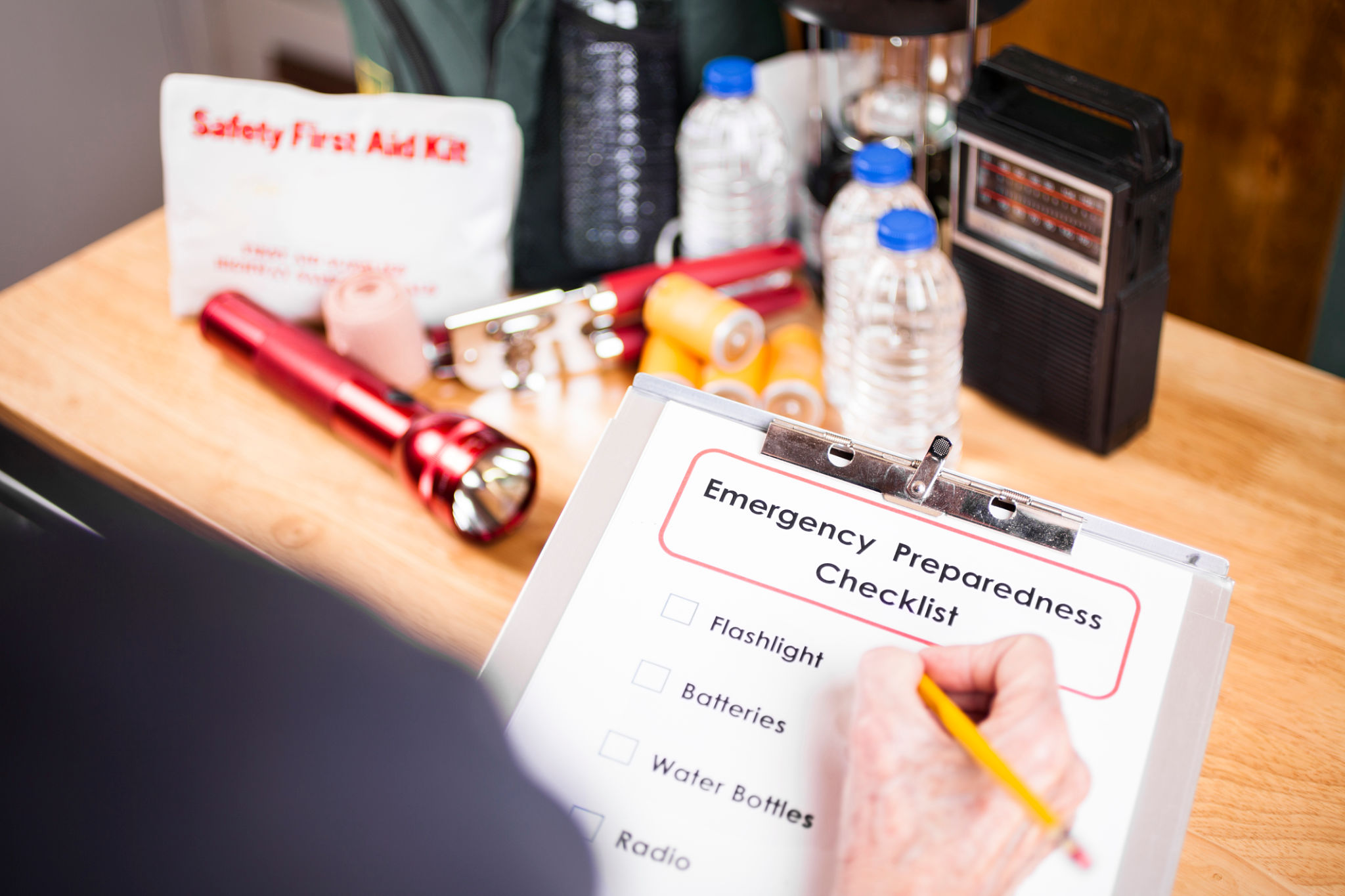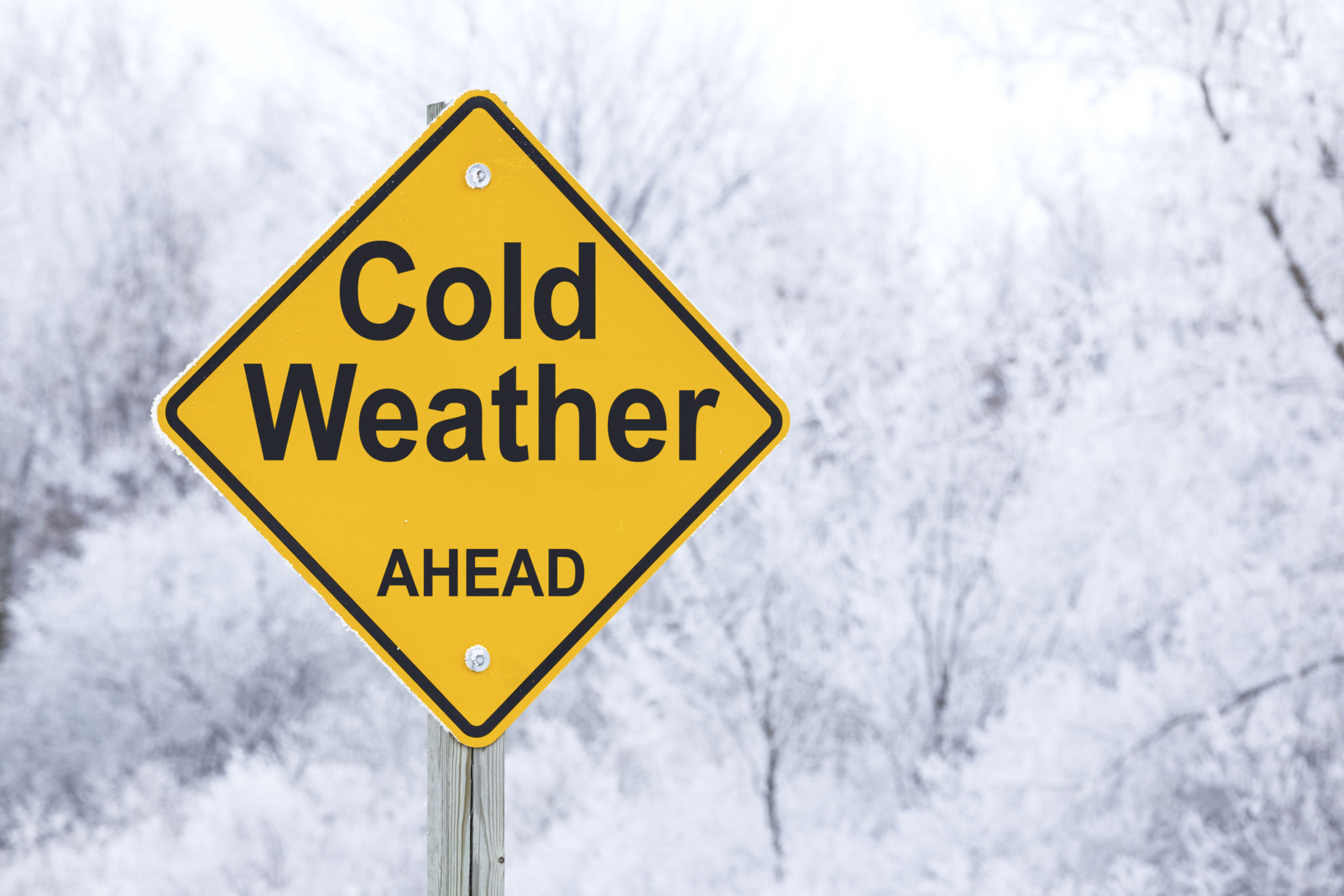Seasonal Safety Tips: Preventing Personal Injuries During Florida's Hurricane Season
Understanding the Risks
Florida's hurricane season, spanning from June to November, is a time of heightened vigilance for residents. The state's unique geography makes it particularly vulnerable to tropical storms and hurricanes, which can lead to significant personal injuries if precautions aren't taken. Understanding the risks associated with these natural events is the first step in ensuring safety for you and your loved ones.

Preparing Your Home
One of the most effective ways to prevent injuries during hurricane season is by securing your home. Start by inspecting your property for potential hazards. Ensure that windows and doors are reinforced, using storm shutters if possible. Trim trees and branches that could become projectiles during high winds. Additionally, secure outdoor furniture and equipment to prevent them from becoming dangerous debris.
Stocking Up on Essentials
Being prepared with the right supplies can make a significant difference during a hurricane. Create an emergency kit that includes essentials such as non-perishable food, water, batteries, flashlights, and a first aid kit. It's also wise to have a battery-powered radio to stay informed about weather updates and evacuation routes. Make sure your kit is easily accessible and everyone in your household knows its location.

Creating an Emergency Plan
A well-thought-out emergency plan is crucial for minimizing injuries during a hurricane. Identify safe areas in your home where you can take shelter, such as an interior room without windows. Discuss evacuation routes and meeting points with family members in case you need to leave your home quickly. Practice these plans regularly to ensure everyone is familiar with the procedures.
Staying Informed
Staying informed about the weather conditions is critical during hurricane season. Monitor local news stations and weather apps for updates. Pay attention to warnings and advisories issued by authorities and heed their advice promptly. Remember, evacuating early can significantly reduce the risk of injury.

During the Storm
During the hurricane, it's essential to remain indoors and away from windows and doors. Avoid using candles, as they can pose a fire hazard; instead, rely on battery-powered lights. Keep a safe distance from electrical appliances and cords, as power surges are common during storms. If flooding occurs, move to higher ground within your home to avoid water-related injuries.
After the Storm
Once the storm has passed, it's important to remain cautious. Avoid stepping into flooded areas or touching downed power lines, as they can be extremely dangerous. Inspect your home for structural damage before re-entering, and wear protective clothing such as gloves and boots to prevent injuries from debris.

Community Support
In the aftermath of a hurricane, community support can be invaluable. Check on neighbors, especially those who are elderly or have mobility issues, to ensure they are safe. Participate in community clean-up efforts if it's safe to do so, as working together can expedite recovery processes and foster a sense of resilience among residents.
By following these seasonal safety tips, you can significantly reduce the risk of personal injuries during Florida's hurricane season. Preparation, vigilance, and community cooperation are key components in staying safe and minimizing the impact of these powerful storms.